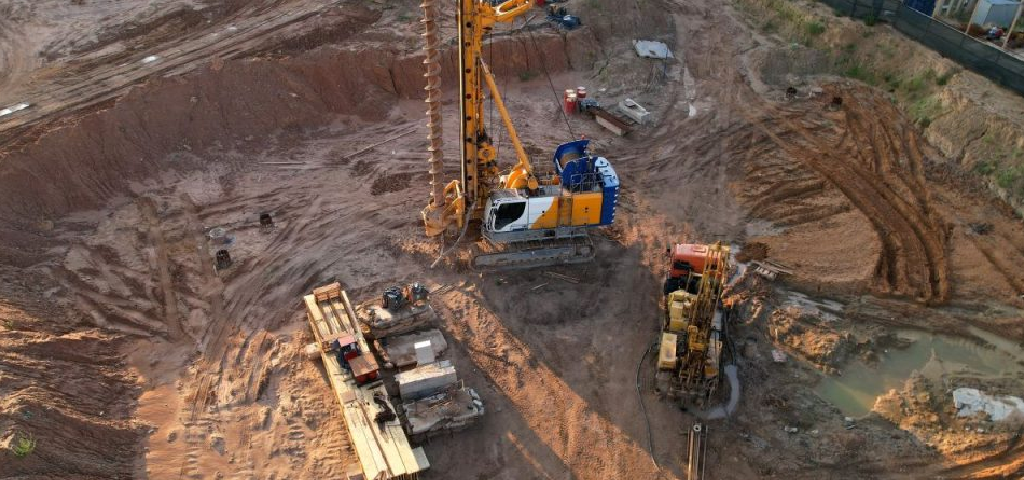The Foundation of Success: Geotechnical Engineering in Construction

The Principles of Sustainable Construction
September 11, 2023
(BIM): A Game-Changer in Construction
September 21, 2023Geotechnical engineering is the backbone of any construction project, providing the knowledge and expertise needed to ensure the stability and safety of structures. It primarily focuses on four key aspects:
Soil Investigation: Geotechnical engineers conduct thorough soil investigations to understand the properties of the soil at a construction site. This includes assessing factors such as soil type, density, moisture content, and load-bearing capacity.
Foundation Design: Based on the soil investigation results, geotechnical engineers design the foundations of structures. This involves determining the type of foundation (e.g., shallow or deep), its dimensions, and reinforcement methods to ensure stability.
Slope Stability Analysis: In projects involving slopes or embankments, geotechnical engineers assess the stability of the soil to prevent landslides or erosion. They recommend stabilization measures if needed.
Earthquake Engineering: Geotechnical engineers play a crucial role in earthquake-prone regions by designing structures and foundations that can withstand seismic forces. This involves evaluating the soil’s ability to absorb and dissipate seismic energy.
The Significance of Geotechnical Engineering
Safety: The foremost concern in construction is the safety of people and property. Geotechnical engineering ensures that structures are built on solid foundations, reducing the risk of collapses and accidents.
Cost Efficiency: Proper geotechnical assessment and foundation design help optimize construction costs. By understanding the soil conditions, engineers can avoid over-engineering or costly retrofits.
Environmental Impact: Geotechnical engineers also consider the environmental impact of construction. Sustainable practices like soil stabilization and erosion control are integral to their work.
Challenges in Geotechnical Engineering
Geotechnical engineering is not without its challenges:
Variable Soil Conditions: Soil properties can vary significantly over a small area, making site-specific investigations critical. Engineers must adapt designs accordingly.
Unforeseen Site Conditions: Unexpected discoveries during excavation can pose challenges. Geotechnical engineers need to respond quickly and adapt designs if necessary.
Environmental Factors: Climate change and extreme weather events can affect soil stability and erosion rates, requiring ongoing monitoring and adaptation.



